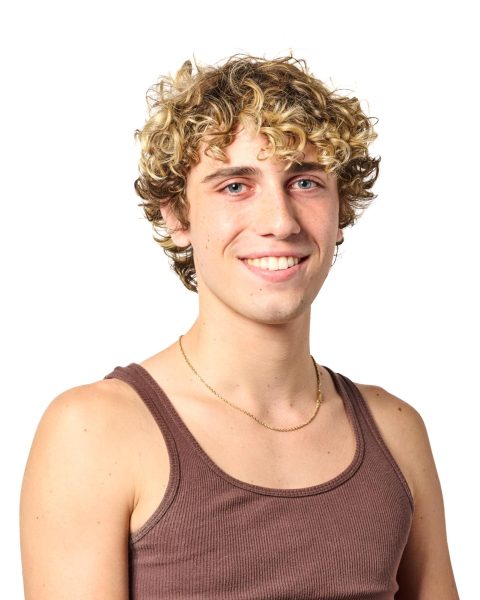The University Counseling Center held their first Mental Health First Aid (MHFA) training in January with plans for the next to take place in May and June according to Cassandra Moffat, director of the University Counseling Center.
“MHFA is an early intervention public education program,” said Moffat. “It teaches adults how to recognize the signs and symptoms that suggest a potential mental health challenge, how to listen non judgmentally and give reassurance to a person who may be experiencing a mental health challenge, and how to refer a person to appropriate professional support and services.”
“The Student Life department has been setting up MHFA trainings for Staff and Faculty over the past couple of years,” Moffat said. “I took over finding community trainers that are certified in Adult MHFA in the summer 2022 semester. “
Moffat said that, previously, the university utilized external individuals to be trainers. In July 2023, Laura Hoffman, staff therapist at the University Counseling Center (UCC), and Moffat both became trainers in Adult MHFA.
Now that Hoffman and Moffat are certified trainers in Adult MHFA, they will be conducting the trainings from now on.
“Our sessions typically have a hybrid model where participants complete two hours of pre-work prior to the training day and then we meet in-person for about an additional five and a half hours of in-person training,” Moffat said. “Our training in May will be a hybrid training and our training in June will be all virtual.”
Moffat said that Keith Paylo, vice president of student affairs, has been helping to fund and pay for faculty and staff to participate in the MHFA trainings in previous academic years and will be helping to fund the training that will be taking place in June 2024.
Moffat said that funding for the MHFA initiatives has also come from the It’s On Us PA grant. This grant funded the costs for Hoffman and Moffat to become certified trainers.
According to their website, the It’s On Us PA grant is a statewide campaign that brings awareness on sexual assault prevention to leaders in education.
Mia Martinez, a freshman psychology major, said that these trainings sound like a valuable resource for the university’s staff and faculty members.
“There’s definitely a stigma and lack of education surrounding mental health challenges,” Martinez said. “I think if we had faculty that were trained to know how to talk someone down from a panic attack or anxiety attack, or even just talk about mental health in general, it would be really helpful.”
Martinez said that she finds most of her professors and faculty that she interacts with are a great support system. She said that this is most likely due to the fact that her professors are mainly psychology professionals who are honed in on students’ mental health.
“I think most professors at the university are personable and easy to talk to,” Martinez said. “However, sometimes warning signs are just completely blown over. Knowing how to indicate students aren’t just tired or unmotivated, but going through something deeper, is important.”
Kathryn Wehner, a sophomore SAEM major, said that offering these training sessions is a vital part of assisting modern college students.
“We definitely have a different college experience than our professors had,” Wehner said. “Mental health has become a lot more recognized, understood and cared for. It’s really important for staff and faculty to have these resources.”
Olivia Lehman, a junior education major, said that students should not be punished for falling behind due to mental health challenges.
“I personally find it important that these training sessions are being offered. However, a lot of mental health crises are not happening in the classroom but rather outside the classroom” Lehman said.
“Professors need to be understanding of students who are falling behind due to mental health challenges,” Lehman said. “I totally understand if people are abusing that privilege and giving it a bad wrap. However, a really good professor will take the time to help catch a student up instead of just letting them fail.”
For more resources, students can visit the UCC website at https://www.pointpark.edu/studentlife/healthandstudentservices/university-counseling-center/index .






